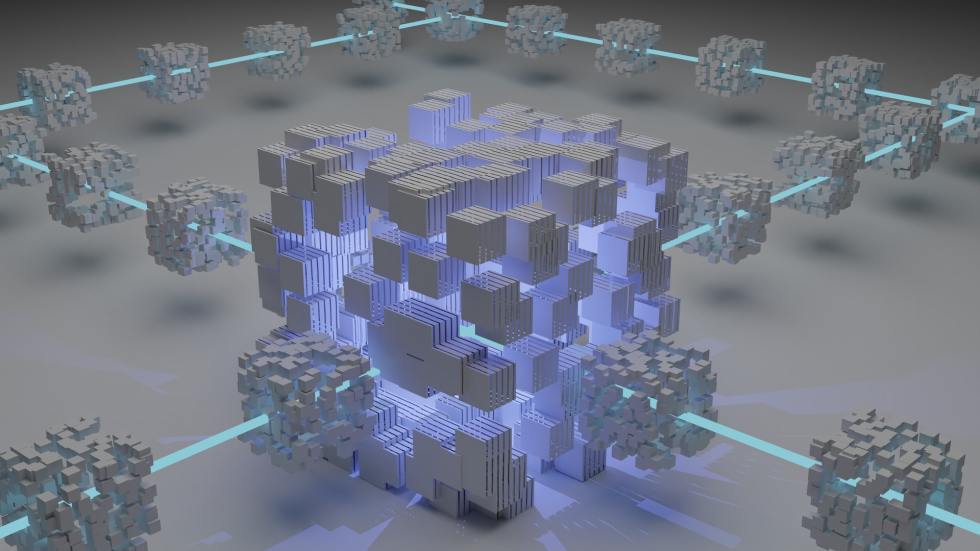Blockchain technology has been hyped up as the next big thing since the beginning of time, but it’s only recently started to deliver on its potential. With organisations and companies around the world adopting blockchain technology in one form or another, what can we expect to see in the future? Here are seven potential uses for blockchain technology in the future.
Supply Chain Management
Some of the potential uses of blockchain technology are in supply chain management. Some companies are working on blockchain-enabled supply chain systems, which would allow them to track shipments and inventories more efficiently. This would help to create more transparency throughout a company’s entire supply chain, from suppliers all the way to end consumers. It also has the potential to reduce or eliminate fraud when one party tries to overcharge another because it will provide full visibility into costs at each point along the way. In car rental in Iceland, for example, blockchain technology can be used to simplify transactions between owners and renters.
Identity Management
There are a variety of potential uses for blockchain technologies, including something called identity management. With this idea, it would be possible to use blockchain technology to verify your identity with the government and obtain what is called self-sovereign identification.
Payments
Blockchain technology has been around for a while now, but it’s still difficult to find uses for it.
This is because blockchain technology has a lot of potential, and we are just now beginning to see its true power. In particular, blockchain technology is well suited to be used as a payment system, there are many reasons why this is the case.
Data Management
Blockchain technology can help simplify data management and make it more secure. Currently, there are many different systems that companies need to use to manage data, such as point-to-point communication, cloud services, and centralised databases. The problem with this is that if one of these systems fails or a security breach occurs, all data will be lost.
Smart Contracts
As blockchain technology becomes more prevalent and more common, we will see an increase of smart contracts. Smart contracts are transactions that are executed automatically when certain criteria is met. For example, if you wanted to rent out your house, a smart contract could be set up to automatically release your house back to you after payment from the renter has been sent or received by the other party.
Internet of Things
The Internet of Things is a network of machines, objects, animals or people that are embedded with electronics, software and sensors. These devices collect data about themselves and their environment and then send it to other places within the network.
Governance
Blockchain technology can be used to enact a new era of democratic governance that is both more efficient and more transparent. This new form of governance might take one of three forms: representative democracies, where members are elected to represent communities or other groups; direct democracies, where all members have an equal say; or consensus democracies, which combine features from both representative and direct democracies. In each case, blockchain technology would provide a secure means for collecting votes and tallying results.
